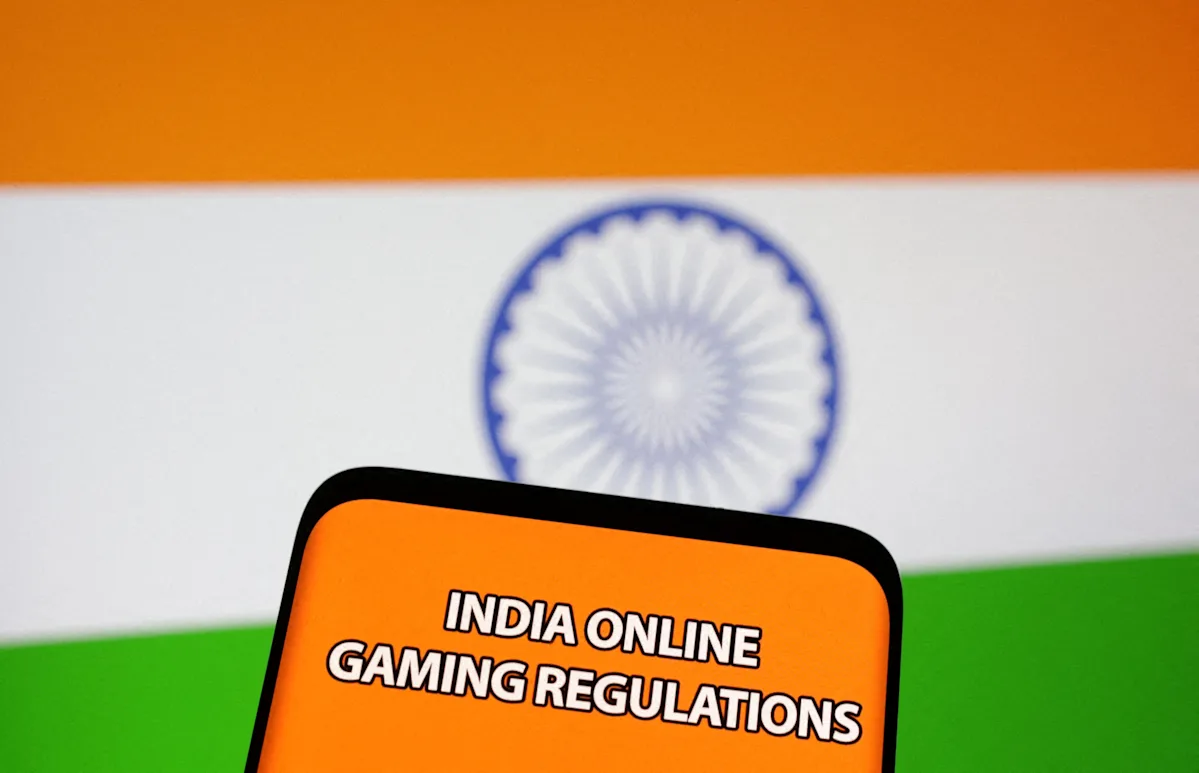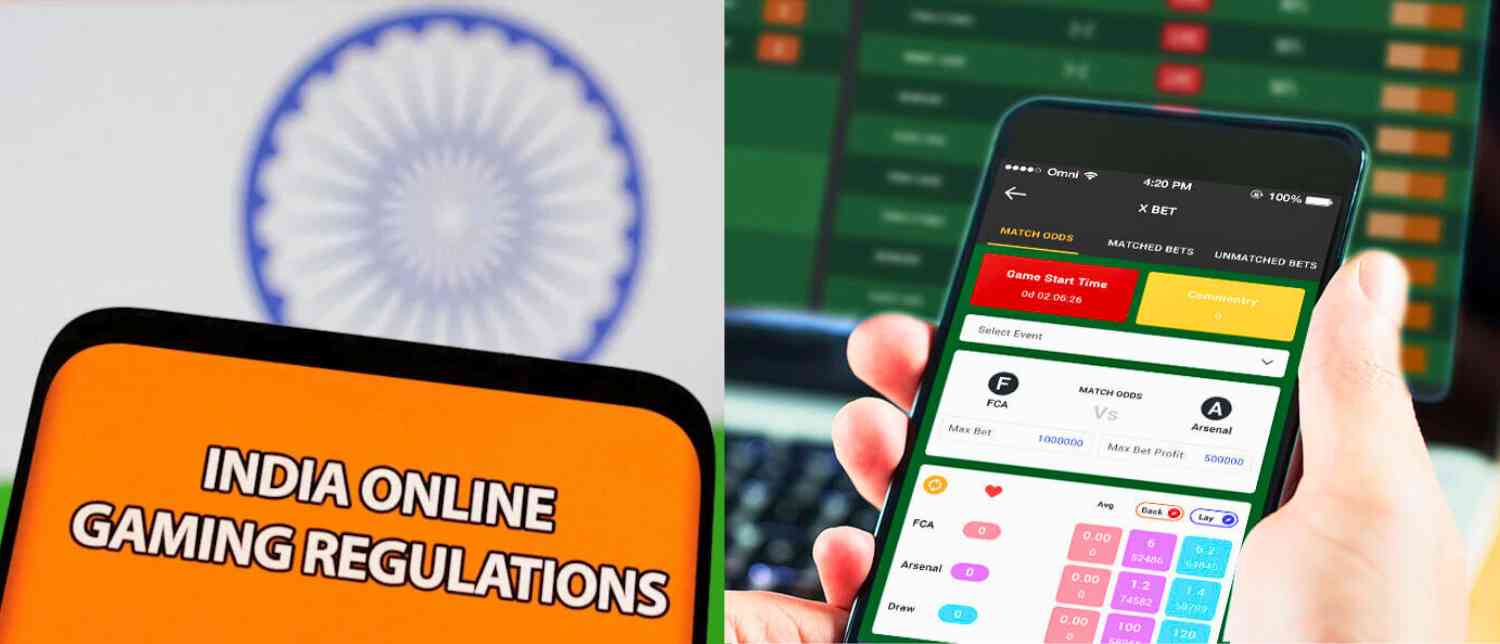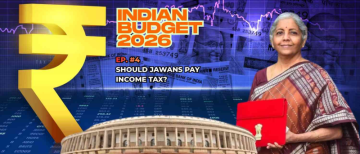India's Parliament has passed a significant law called the Promotion and Regulation of Online Gaming Bill, 2025, which bans all online gambling and money-based gaming services. This includes popular games like fantasy sports, rummy, poker, and other real-money gaming platforms. The President of India has given assent to this law, making it official and enforceable. The law imposes harsh penalties — including up to three years in prison and fines as high as ₹1 crore — on those who facilitate or run these online gambling platforms. Even advertising such services carries penalties of up to two years in jail and fines up to ₹50 lakh.

This decision comes after concerns raised by the government about the harmful effects of online gambling on people's financial well-being and mental health. Officials estimate that around 450 million players in India have lost over ₹20,000 crore to online money gaming platforms. There have been reports linking online gambling addiction to serious social problems, including increased financial hardship and even suicides in some states. The government has also pointed out risks of illegal activities like money laundering and terror financing through these platforms.
The ban has caused a major shakeup in India’s gaming industry, which was one of the fastest-growing sectors globally. India is the largest gaming market with 568 million online gamers, and real-money gaming accounted for about 85.7% of industry revenue in 2024. Many leading gaming companies like Dream11, MPL, and PokerBaazi have already suspended their real-money operations, facing substantial losses and uncertainty about the future. This has led to fears of large job losses and impact on investments as some firms consider legal challenges against the ban in the Supreme Court, arguing that some games like poker require skill and should not be banned.

The government defends the ban as a necessary step to protect citizens from addiction, financial ruin, and negative social impacts. It also highlights that the law will allow regulation and promotion of other forms of online games such as e-sports, casual games, and educational games, aiming to support innovation and economic growth in the digital gaming space without the risks posed by real-money gaming.
People’s opinions are varied. Some support the government’s action as a safeguard against gambling-related harm and a way to create a healthier gaming environment. Others, especially from the industry and gaming community, see it as a major blow to a booming market that provided entertainment, employment, and economic value. Concerns are also growing about potential shifts towards unregulated offshore gambling and the loss of government tax revenue from this sector.

In sum, India’s new online gambling ban marks a decisive moment with wide-ranging effects. While it aims to tackle social and economic risks associated with online money gaming, it also challenges an industry that has seen rapid growth and engagement. The outcome of this law will depend on how its implementation unfolds, how the industry adapts, and whether legal challenges shape its future. This move reflects the balancing act governments face worldwide in regulating digital economies — protecting citizens while fostering innovation and business growth.
With inputs from agencies
Image Source: Multiple agencies
© Copyright 2025. All Rights Reserved. Powered by Vygr Media.






















